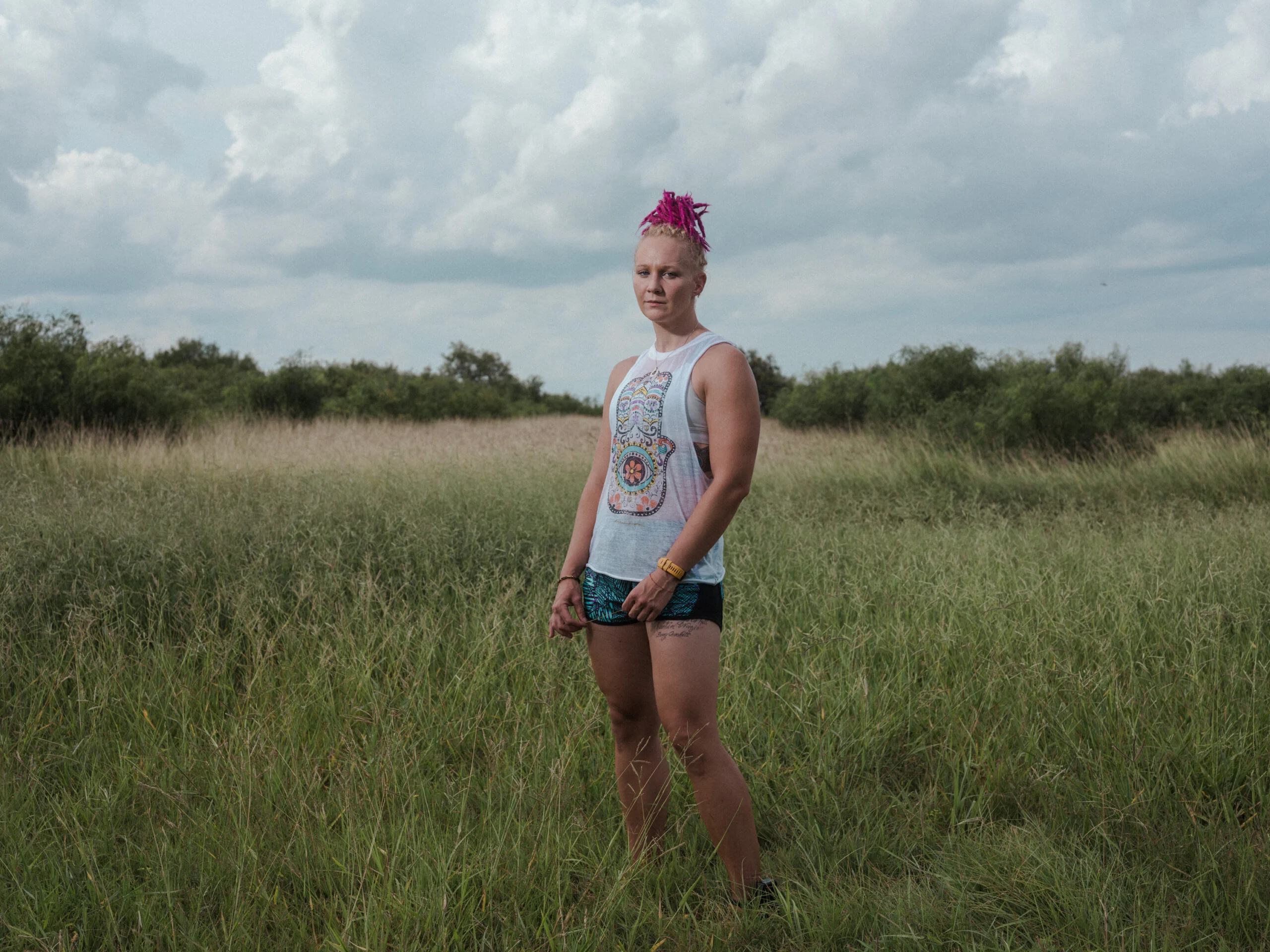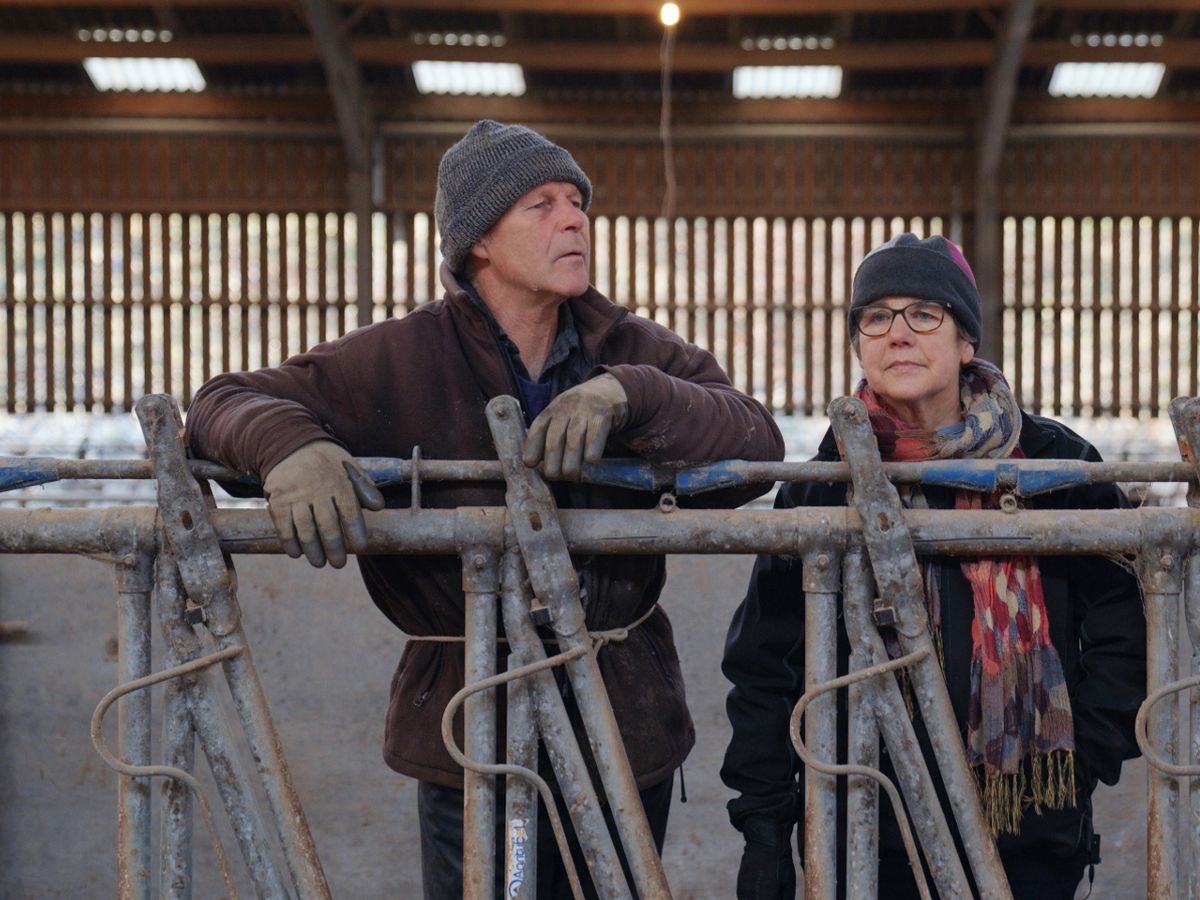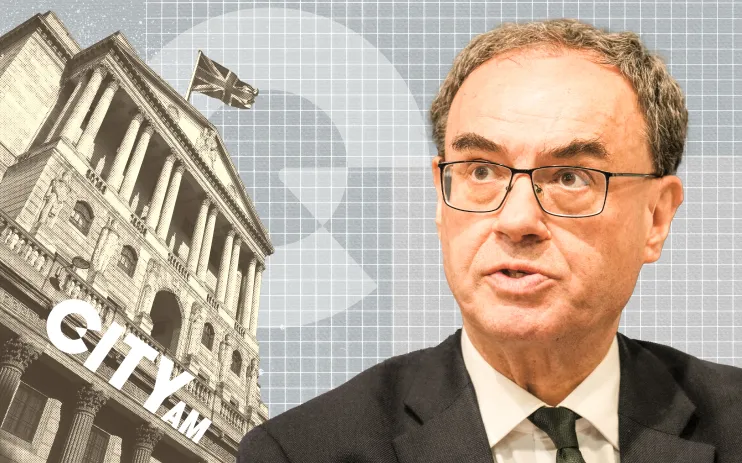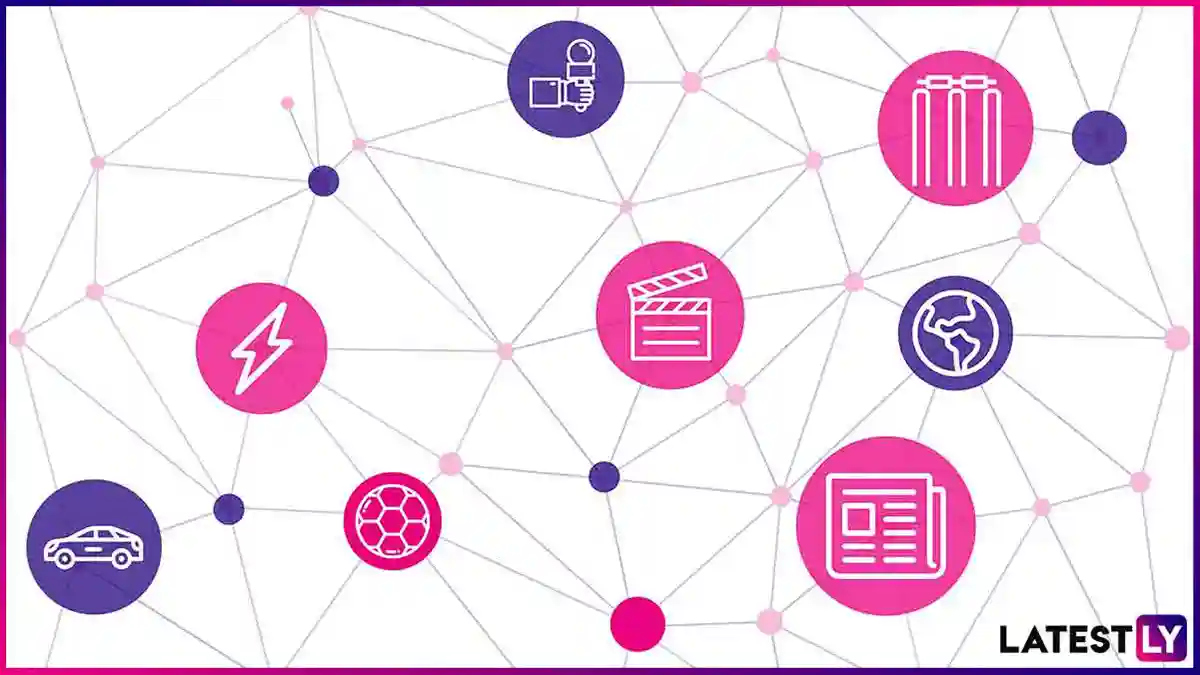By Michelle Pitcher,Reality Winner
Copyright texasobserver

The following is excerpted from the closing chapter of I Am Not Your Enemy: A Memoir, out September 16 from Spiegel & Grau. It is reprinted with permission of the publisher, © 2025.
I have to be careful about what I say. My plea bargain is stricter than the rules under which I lived within barbed wire. Before I went on 60 Minutes, I reached out to my old friends at the NSA to understand how the prepublication process I would have to follow works, since they have the right to review everything I publish, including this book. It turns out that the rules are extremely vague, with sweeping language like “anything related to classified information.” To my surprise, the NSA agents were friendly and helpful. We went back and forth over a document of about thirty talking points that ranged from my career in the air force to my brief time as a contractor. One of the statements was something like, “There was a war in Afghanistan. The United States was involved.” They cleared that.
The NSA prepublication review agent called me several times and finally requested—should I be willing and have the time—that I meet with her and an associate with the NSA, “to discuss the matter” (my felony).
I wasn’t sure if this was a genuine ask that I could reject or if it was basically an order. My knees got weak. I feared that this was a replay of what had happened five years earlier, when the FBI showed up at my house. Those guys were all friendly too.
“Is this about the redacted document?” I asked. I hadn’t leaked anything since I’d left prison except a lot of tears and anger.
“Yeah, and also the incident.”
That’s what they called my felony. It sounded like a minor traffic accident. I got five years for an “incident”?
I immediately said I wouldn’t meet without my attorney (fool me once!). The NSA agent said that would be fine, even though Alison didn’t have a security clearance; she explained that they were not interested in discussing the classified report itself but wouldn’t say exactly what they wanted to talk to me about. She declined to offer an office for us to meet in, though I thought that would have been the logical place to meet, instead suggesting several times that we conduct the interview at my house. We eventually settled on a conference room in a hotel where my attorney was staying—after my trauma with the FBI years earlier, I didn’t want any government agents near my property again.
We agreed to meet at the Hampton Inn off Highway 77, in Kingsville. I showed up looking as neutral as I could, in a CrossFit Kingsville T-shirt over my boot-cut Levis and worn Nanos. My attorney wore a nondescript black dress. We both arrived a few minutes early and were waiting outside the hotel when a fit white man walked by, looking conspicuously out of place. He wore high-water pants, a baseball cap pulled low, and a polo. He had everything but an NSA logo on his shirt. That particular hotel had a sign posted on the door saying that no guns were permitted inside. When he saw it, the guy turned around and walked from the lobby right past us to put his gun box in the trunk of his car. Then he returned to the lobby and took a seat in a chair right next to the hotel’s sliding doors. My attorney finally went up to the man and asked him if he was there to meet someone at 9:00 a.m. He said he wasn’t, and we left it alone.
Soon, two women showed up in business-casual clothing and approached us, introducing themselves as a special agent and an agency psychologist. We made our way to the world’s smallest conference room and spent some time debating how to arrange the tables and chairs. They asked me to tell them my full life story, from childhood right up to “the incident.” The psychologist informed me that she wouldn’t record the conversation, but that she would have to report me to law enforcement if I confessed to a crime, if I expressed intent to hurt myself, or if I expressed intent to hurt others.
I was so relieved to have my attorney with me but was still terrified of saying the wrong thing. What if they take something the wrong way? Are they trying to improve their agency or get me in trouble again? The agent asked me to talk about the leak from start to finish, why I made the choices I made. I told them everything. I even talked about my misuse of quasi-legal substances in prison. Besides that, there really wasn’t much I could confess to. I’ve been a law-abiding person, save for “the incident.” They already knew about the eighth-grade food fight.
It wasn’t fun. It was uncomfortable. They asked about my sex life in great detail. But they weren’t looking for evidence of another felony. I think they were trying to build a profile of a leaker. They wanted to know if I had any feedback for them. What would have prevented my action?
I was torn. On one hand, here was an opportunity to make it known that I regretted betraying my nondisclosure contract with the United States government. On the other, I don’t talk to cops. And during this interview, they sure felt like cops. I didn’t want to make it easier for them to destroy the next conscientious leaker’s life.
I took a deep breath and, yet again, just as I’d done five years previously in that small room with Special Agents Garrick and Taylor, chose truth.
“The NSA has some of the brightest minds in the country,” I began. “They’re honestly there to make a difference. Yet there’s no outlet for people who no longer feel like they’re on the right side. You’re requesting blind loyalty from some of the most nuanced and analytical individuals—individuals, not soldiers—to process your intelligence and make predictions. Furthermore, in 2017, and likely until 2021—you know more than I do about those four years—you had a unique situation in which the NSA was completely ignored. So now these individuals who already wondered if they were doing any good were left wondering if they were doing anything at all. The culture of the NSA doesn’t allow for anyone to question that aloud, or at least not without FBI agents showing up at their house. Your analysts need an outlet, and the director owes it to the agency to address historically unprecedented times, like those four years in which the NSA was completely disparaged publicly. We felt like we were alone in 2017, and it left me trying to single-handedly fix something far above my pay grade.”
Five and a half hours later, my attorney and I were standing outside the hotel again, discussing where to eat. We went to our separate cars, and I turned my phone on. Alison sent me a text. “Don’t look now,” she wrote, “but our friend is walking out of the lobby carrying what looks like recording equipment.” I looked over, and the polo-wearing guy was carrying a box with wires sticking out of it, fifteen minutes after my interview had ended. Maybe they can help me better remember what was said when I turn this manuscript in, since they have the audio. Cowards. They should have recorded our conversation in the open.
Editor’s Note: The Observer originally published an excerpt from the introduction to Reality Winner’s memoir; the excerpt here is now drawn from the final chapter instead.



